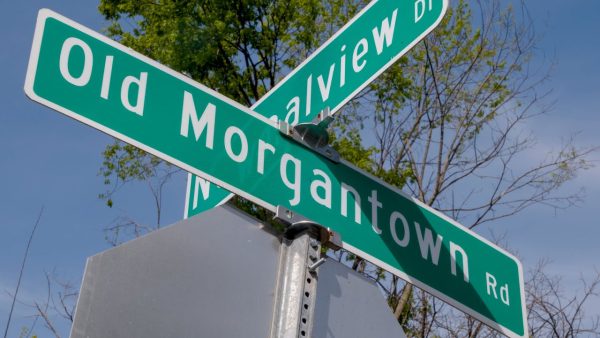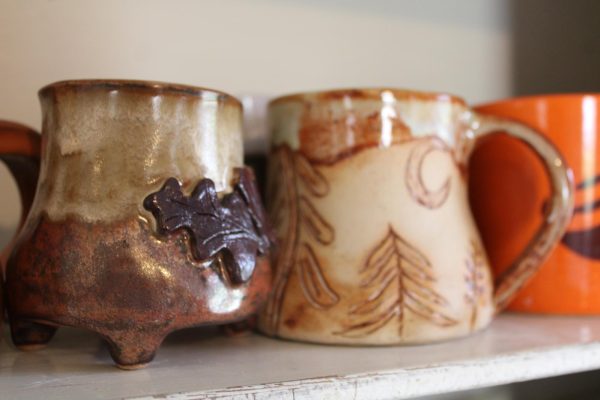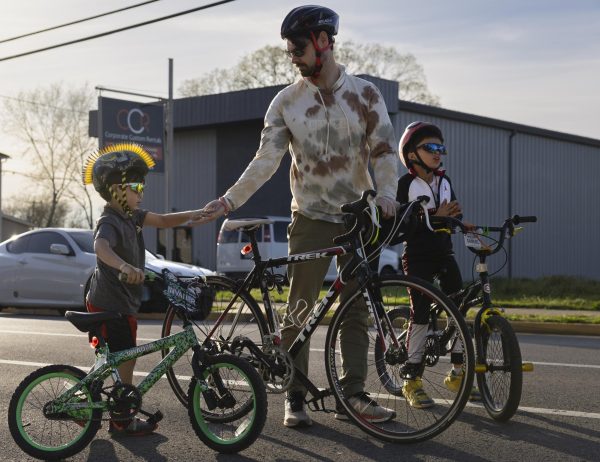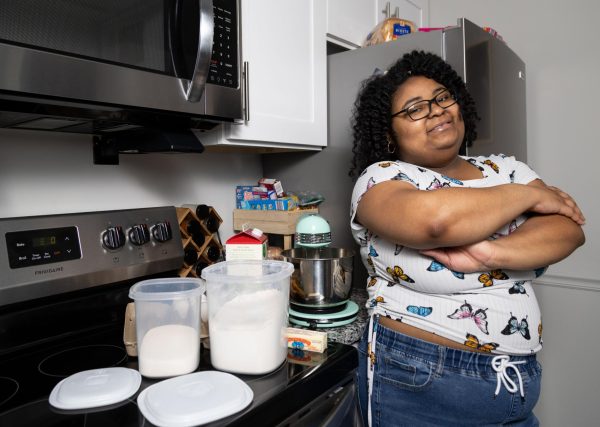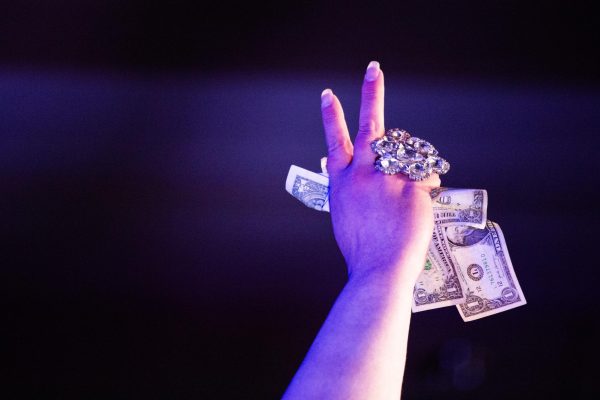Students share opinions on new Panama City ordinance
February 2, 2016
When the spring semester begins, many of us begin counting down the days until spring break. This week-long vacation is a perfect chance for those who work and study on campus to enjoy some well deserved rest, relaxation and fun.
For students, this may include taking a vacation to sunny Panama City Beach, Florida, a spring break icon. However, due to new city ordinances, students might be reconsidering their spring break plans.
One controversial ordinance bans alcohol on the sandy beach.
According to an investigation by CNN, after extreme conditions and events that took place during spring break 2015, Bay County Commission and the Panama City Beach Council passed an ordinance banning the consumption of alcohol on the beach between March 1 and April 18.
“I think this is good and bad at the same time,” Hopkinsville senior Brandon Goodwin said. “Spring breakers will go to other beaches and ruin those beaches, but it is ridiculous how far [students] go with drinking.”
Goodwin chose to spend spring break 2015 in Destin, Florida.
“I went to Destin because … I knew it wasn’t a big party place,” Goodwin said, “but I still wanted to have fun.”
CNN reported that about 100,000 spring breakers travel to Panama City Beach every year. Most of these visitors enjoy their time soaking up the sun and leaving without incident, but some arrive intending to break the law, city authorities said.
Bay County Commissioner Mike Thomas told CNN that crime on the beach has worsened in the last couple of years.
During spring break 2015, the Bay County Sheriff’s Office made 1,091 arrests for various crimes, CNN reported. That amount is about three times larger than the number of arrests made in the same period in 2014.
Of the 2015 arrests, 202 were drug related compared with 43 in 2014. In 2015, 49 firearms were confiscated into evidence; only nine were confiscated in 2014.
Ashley Hilger, Shelbyville sophomore, said the time she spent in Panama City Beach was “out of control.”
“It was pretty wild,” Hilger said. “There was a lot of drinking and partying. It was fun and an experience to have, but it was out of control constantly.”
Hilger added that despite the partying, she would probably return to the Sunshine State.
“It’s fun and crazy and something to remember,” Hilger said. “After college, probably not, but you never know.”
Thomas told CNN that city authorities met to change the way spring break was handled. However, these changes also caused concern among business owners in the area.
The Panama City News Herald reported that hotels and business owners believe the Beach Council and Bay County Commission went too far by passing the new ordinances.
“Spring break as we know it is over. It can’t stay if this is what it wants to be,” Thomas told CNN. “The people that enjoy participating in spring break have acted in such a way that they can’t stay here any longer.”
According to several hotels and business owners who are promoting spring break 2016, early reservations show spring break business could be down by 50 percent or more this year.
Hilger agreed the ban would deter students from making the trip to the beach.
“[Students] are not going to be happy with it, and it’ll make them find somewhere else to go,” Hilger said. “I’m sure most companies make their yearly money off of that month with college kids and alcohol.”
Goodwin wasn’t optimistic about a significant decrease in alcohol consumption. He noted that students will still be able to drink in the city. He also feared even more students would get into trouble by trying to smuggle alcohol onto the beach.
However, Goodwin said students will still be able to have fun.
“A lot of people will still want to go,” Goodwin said. “It is still a great location, and there will still be concerts and other stuff.”














